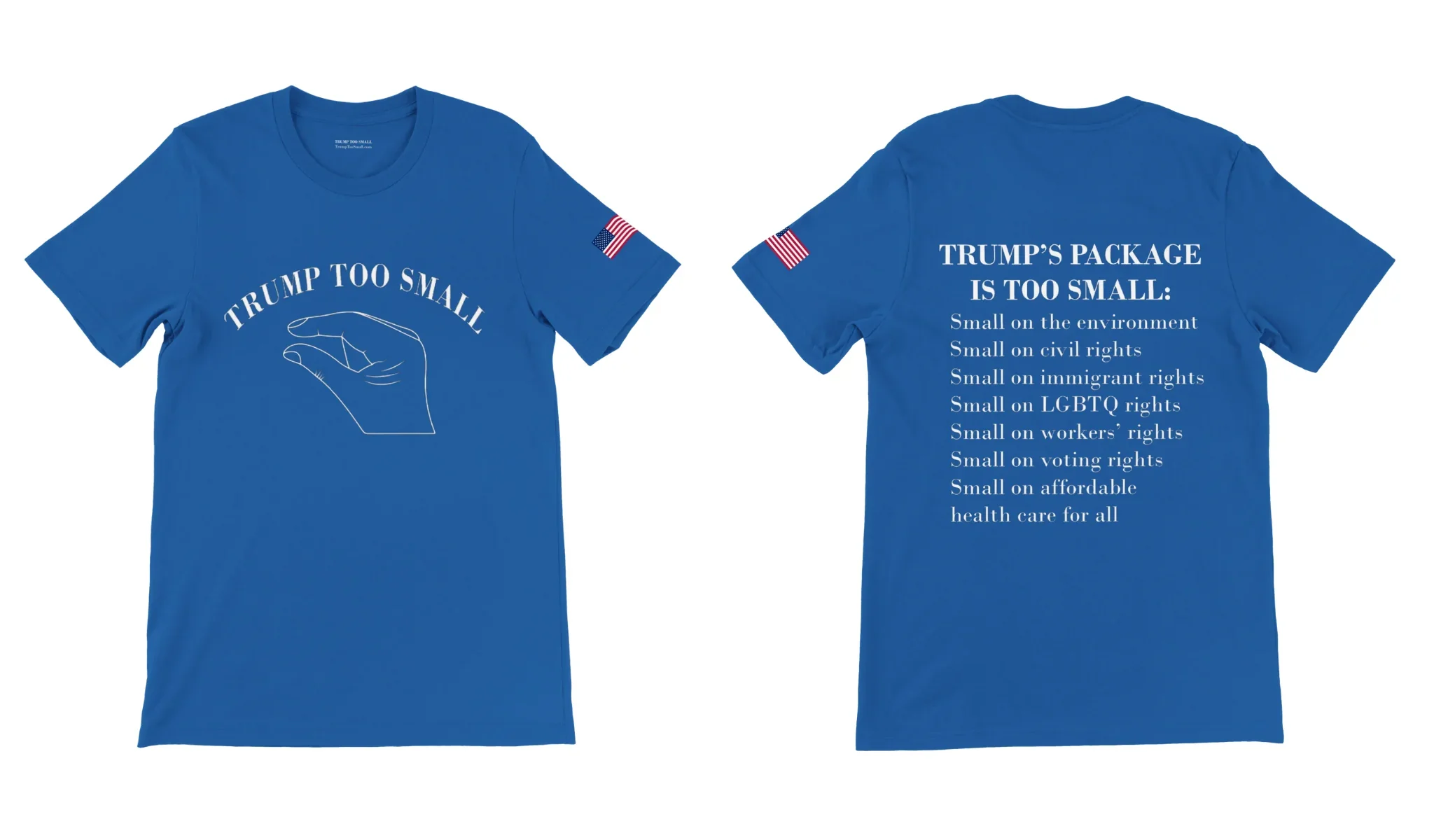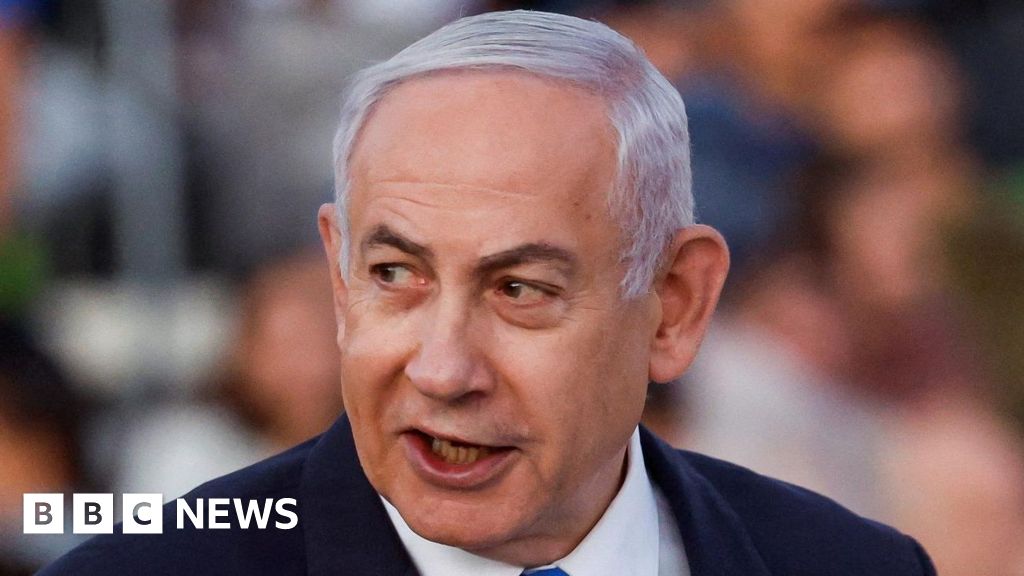
Sign up for the daily Inside Washington email for exclusive US coverage and analysis sent to your inbox
Get our free Inside Washington email
A man’s attempt to trademark the phrase “Trump too small” has run into a wall after the Supreme Court ruled that the law protecting individuals from having their name trademarked without their consent does not violate the First Amendment.
In a unanimous decision on Thursday, Justice Clarence Thomas said the law restricting the trademarking of names reflects the “historic rationale of identifying the source of goods” to ensure “customers know the source of a product.”
The man, Steve Elster, tried to trademark “Trump too small” after making and selling T-shirts that bore the line and included a list of the former president’s policies, which Elster believed were “small.”

But the US Patent and Trademark Office (USPTO) denied the trademark, claiming it violated a portion of trademark law that prevents people from trademarking names without the person’s permission. Elster disputed that decision, arguing that he should be allowed to trademark Trump’s name as part of his right to criticize the government under the First Amendment. The Supreme Court ultimately decided that was incorrect.
The decision was not unexpected.
During oral arguments, which took place in November, justices appeared unmoved by Elster’s lawyer’s argument that refusing the trademark would stifle free speech.
Justices Clarence Thomas, Sonia Sotomayor and Ketanji Brown Jackson questioned how the refusal to approve a trademark application violates the First Amendment if Elster was still permitted to print and sell the shirts.
“He can sell as many shirts with this saying and the government’s not telling him he can’t use the phrase, he can’t sell it anywhere he wants,” Justice Sotomayor said. “There’s no limitation on him selling it. So there’s no traditional infringement.”
Under Section 2 of the Lanham Act, a trademark can be refused if it “consists of or comprises a name, portrait, or signature identifying a particular living individual except by his written consent” and if it “may disparage or falsely suggest a connection with persons.”
That does not prevent an individual from making or selling a product though.
Elster’s “Trump too small” shirts featured a drawing of a hand making a small gesture — a nod to a 2016 presidential campaign moment when Florida Senator Marco Rubio joked Trump had “small hands.”
“You know what they say about men with small hands,” Rubio said at the time. “You can’t trust them.”
When Trump responded to Rubio’s joke, Elster said he took that as a “topic for political discussion” and began printing the shirts.
The back of the shirts features a list of Trump’s “small” policies like LGBT+ rights, civil rights, the environment and more.
Vidal v Elster is a case about trademark law and the right to trademark a person’s name without their consent, even if it is for political speech.

 5 months ago
16
5 months ago
16








